Newfoundland Dog: 101 Guide to the Gentle Giant Breed
The Newfoundland dog, often simply called the Newfie, is a breed known for its enormous size, strength, and gentle nature. These dogs have a rich history and an array of characteristics that make them stand out among dog breeds. In this article, we will explore the origins, traits, care requirements, and personal anecdotes that illustrate why the Newfoundland dog is a beloved companion for many.
Table of Contents
ToggleA Brief History of the Newfoundland Dog
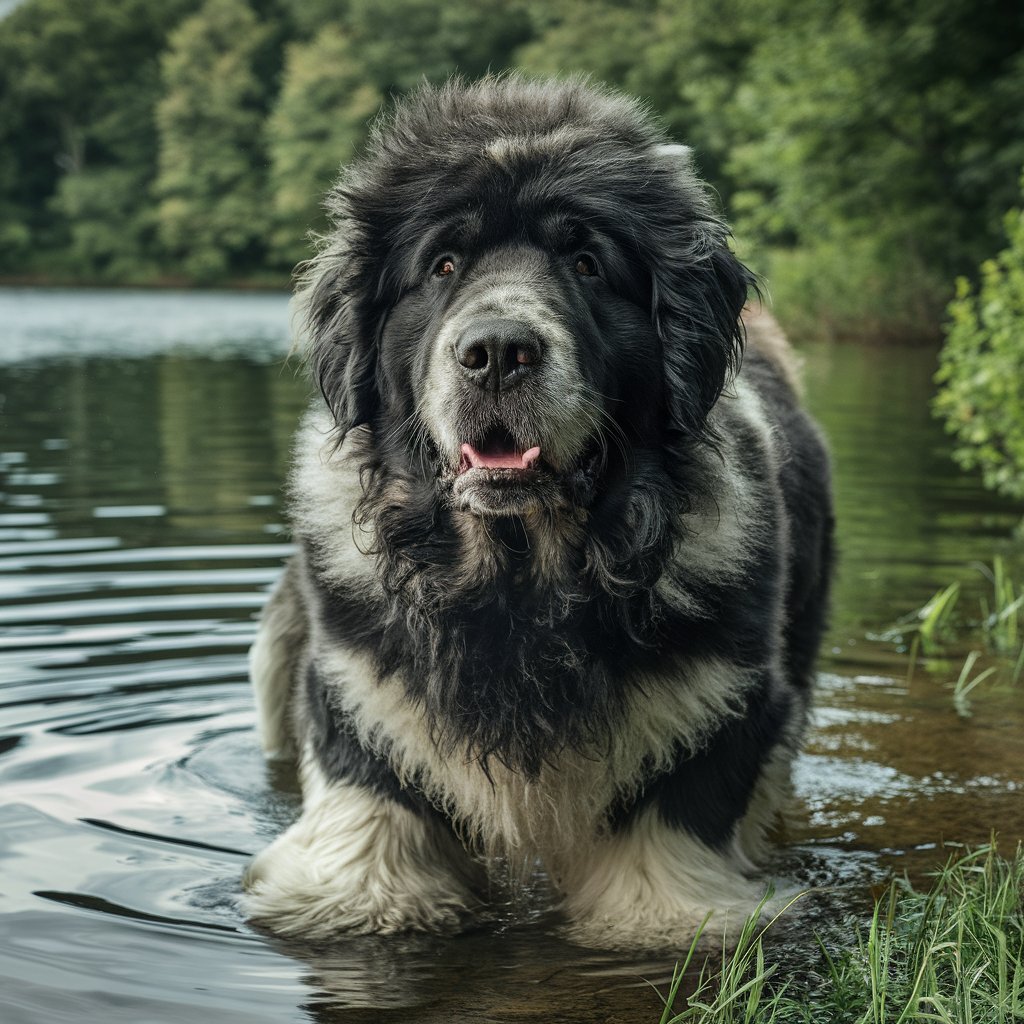
The origins of the Newfoundland dog can be traced back to the island of Newfoundland in Canada. Developed primarily as working dogs for fishermen, Newfoundlands were prized for their ability to haul nets, pull carts, and perform water rescues. Their webbed feet and strong swimming abilities made them ideal for the cold waters of the North Atlantic.
The breed’s exact ancestry is unclear, but it is believed to be a mix of native dogs and large European breeds brought to the island by explorers and settlers. By the 18th century, the Newfoundland dog had gained recognition for its prowess in water rescues and as a reliable working dog. Their reputation for bravery and strength has endured, making them popular pets and working dogs worldwide.
Characteristics of the Newfoundland Dog
Appearance: Newfoundlands are one of the largest dog breeds, with males weighing between 130 to 150 pounds and females ranging from 100 to 120 pounds. They have a broad head, deep chest, and muscular build. Their double coat, which can be black, brown, gray, or Landseer (white with black markings), is water-resistant and helps protect them from harsh weather.
Temperament: Known as “gentle giants,” Newfoundlands are renowned for their calm and friendly disposition. They are incredibly patient and good-natured, making them excellent companions for families, including those with small children. Their loyalty and protective instincts also make them dependable watchdogs, though they are generally not aggressive.
Energy Level: Despite their size, Newfoundlands have a moderate energy level. They enjoy regular exercise but are also content to relax with their family. Daily walks, swimming, and playtime are essential to keep them fit and happy. Their love for water is a hallmark of the breed, and many Newfoundlands excel in water sports and activities.
Health: Newfoundlands have a lifespan of 8 to 10 years, which is typical for large breeds. They can be prone to certain health issues such as hip dysplasia, elbow dysplasia, cystinuria, and heart problems like subvalvular aortic stenosis (SAS). Regular veterinary check-ups, a balanced diet, and proper exercise are crucial to maintaining their health.
Caring for Your Newfoundland Dog
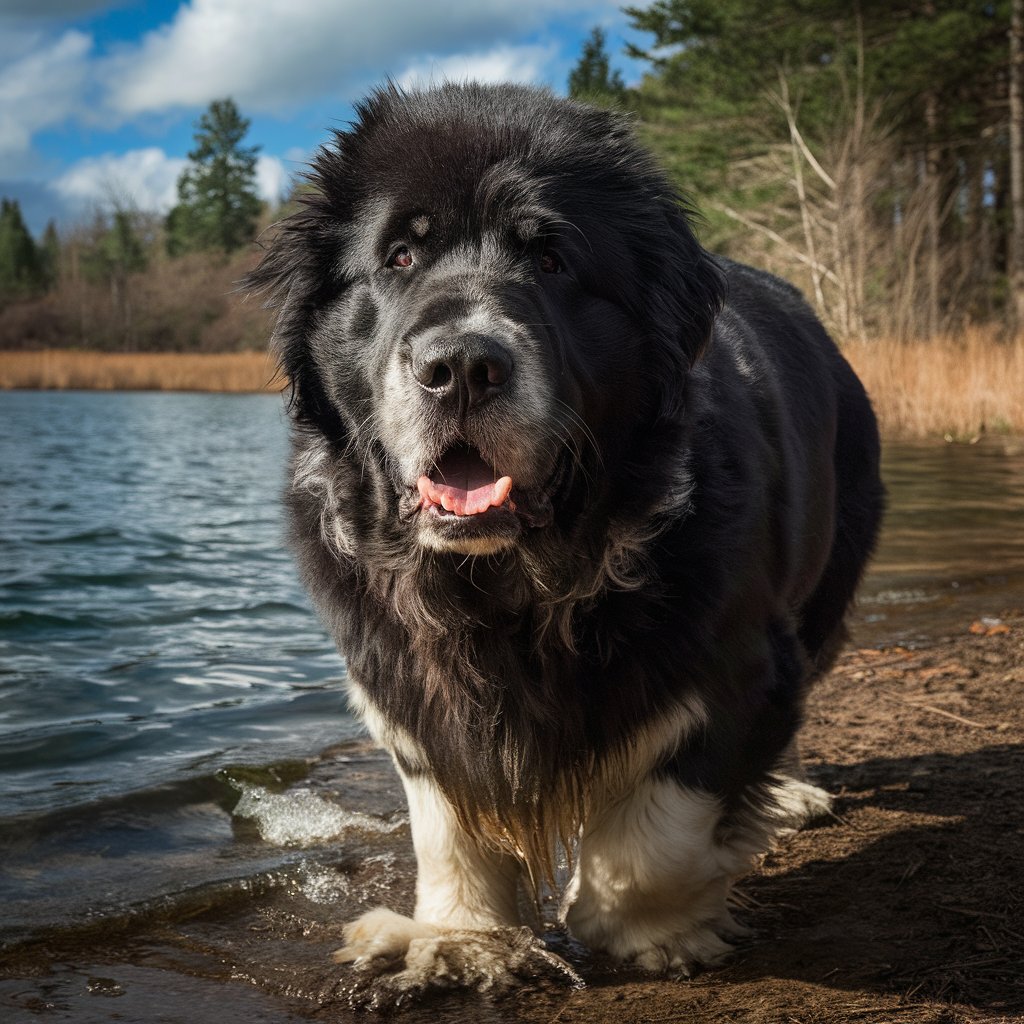
Grooming: The Newfoundland’s thick double coat requires regular grooming to prevent matting and reduce shedding. Weekly brushing is essential, with more frequent grooming during the shedding seasons in spring and fall. Bathing should be done as needed, and their ears should be checked regularly to prevent infections. Regular nail trimming and dental care are also important.
Exercise: While Newfoundlands are not as high-energy as some breeds, they still require regular exercise to stay healthy. Daily walks and opportunities for swimming or other water activities are ideal. They enjoy outdoor activities and are happiest when they have space to roam and play.
Diet: Feeding a Newfoundland dog a high-quality diet that is appropriate for their age, size, and activity level is vital. Due to their size, they can be prone to obesity, so portion control and regular feeding schedules are important. Consult your veterinarian for specific dietary recommendations.
Training and Socialization: Early training and socialization are essential for Newfoundland dogs. Their size and strength make it important for them to learn good manners and obedience from a young age. Positive reinforcement methods work best, as Newfoundlands are sensitive and respond well to praise and rewards. Socializing them with different people, pets, and environments helps them become well-rounded adults.
Personal Anecdote: Life with a Newfoundland
Our family’s journey with our Newfoundland dog, Baxter, began three years ago when we decided to adopt a gentle giant to join our household. From the moment we brought Baxter home, his calm and loving nature became evident. He quickly bonded with our two young children, becoming their constant companion and protector.
One memorable summer, we took Baxter on a family vacation to a lakeside cabin. His love for water was immediately apparent. Every day, Baxter would eagerly run to the lake, his powerful legs propelling him through the water with ease. Watching him swim was a sight to behold; his large frame glided effortlessly, and his joyful barks echoed across the lake.
Baxter’s gentle demeanor also extended to our other pets. Our cat, Whiskers, was initially apprehensive of Baxter’s size but soon realized that Baxter was a gentle soul. They developed a unique friendship, often found napping together or playfully chasing each other around the house.
Grooming Baxter has become a cherished routine in our household. Our children love helping brush his thick coat, and Baxter enjoys the attention and pampering. Despite the extra time and effort required for his grooming, it has strengthened our bond with him. His coat, when well-maintained, is a source of pride, showcasing his majestic appearance.
Living with Baxter has taught us the importance of understanding and meeting the needs of a large breed dog. His health and well-being are a top priority, and regular exercise and vet check-ups have become a part of our routine. The joy and love he brings to our family far outweigh the extra responsibilities, and we can’t imagine our lives without him.
Why Choose a Newfoundland Dog?
The Newfoundland dog is an excellent choice for families, singles, and seniors alike. Their adaptability, intelligence, and affectionate nature make them suitable for various living situations, whether it’s a house with a yard or a home near water where they can swim. However, potential owners should be prepared for the grooming needs and the space required for such a large breed.
If you’re looking for a companion that is not only impressive in size but also gentle and loving, the Newfoundland dog might be the perfect match. Their loyalty, protective instincts, and friendly disposition ensure they quickly become beloved members of the family.
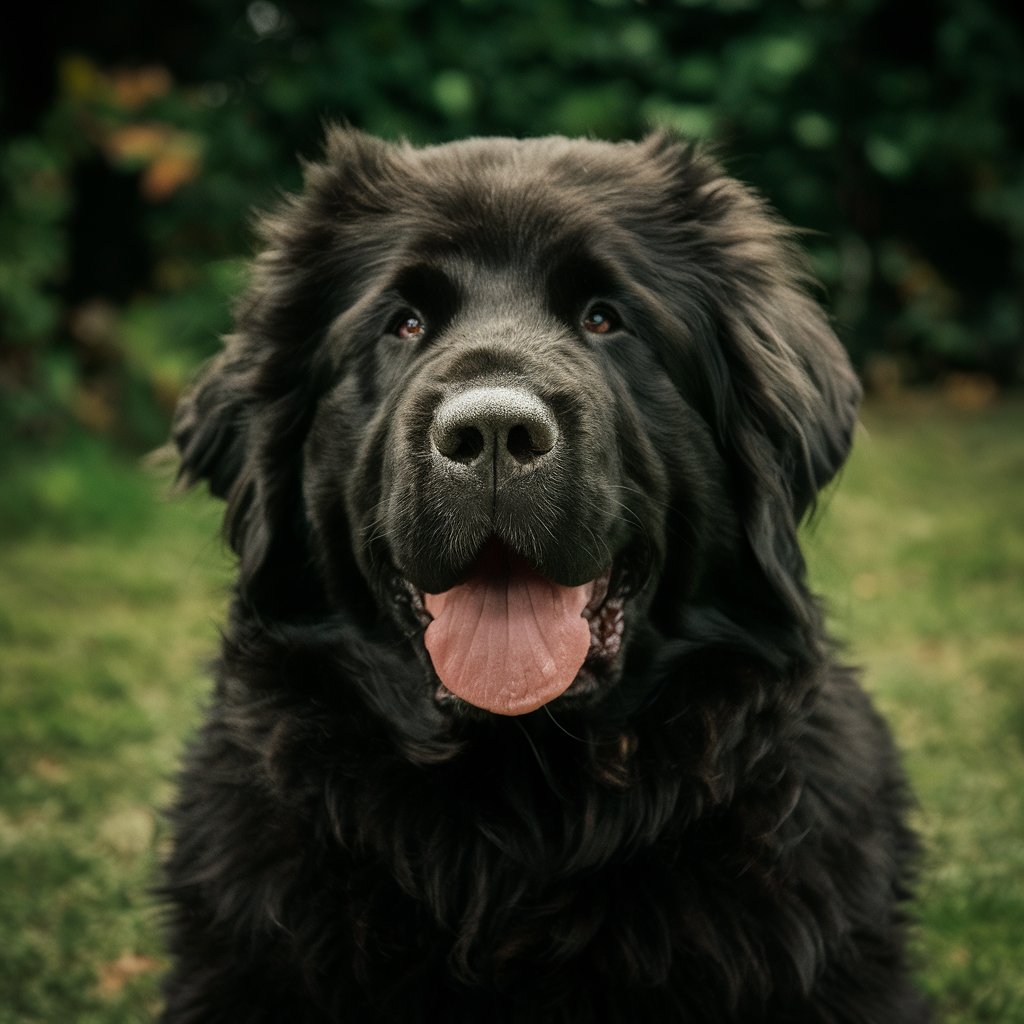
Conclusion
The Newfoundland dog is a breed that captivates the heart with its impressive appearance and gentle nature. From their origins as hardworking water dogs to their role as loyal family companions, Newfoundlands have proven themselves to be versatile and loving pets. With proper care, training, and socialization, they can bring joy and warmth to any household.
Whether you’re drawn to their fluffy coats, their powerful swimming abilities, or their affectionate personality, the Newfoundland dog is a breed that leaves a lasting impression. By understanding their needs and characteristics, you can ensure a happy and fulfilling life for both you and your Newfoundland companion.

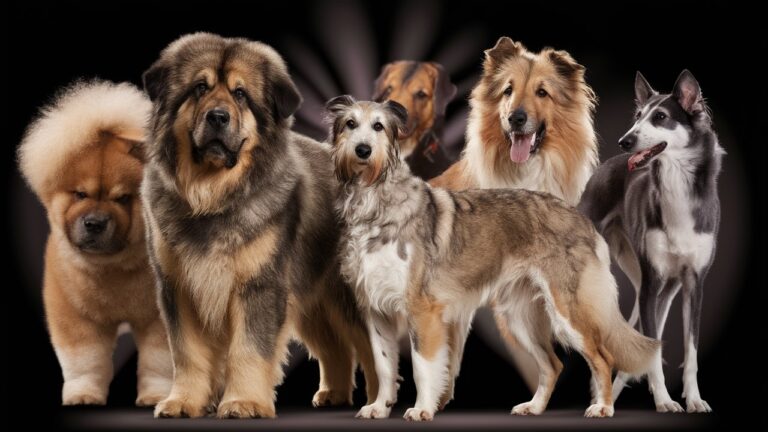
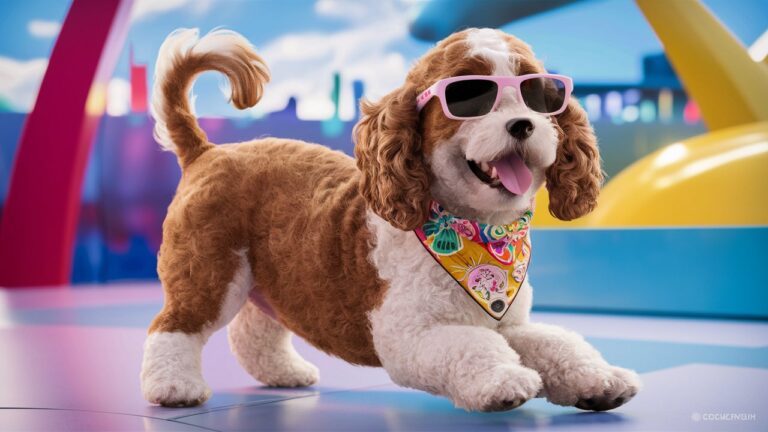


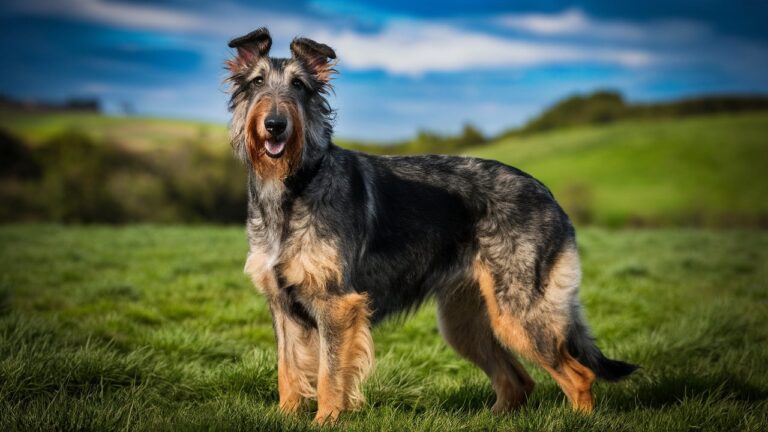
I was recommended this website by my cousin. I am not sure whether this post is written by him as nobody else know such detailed about my difficulty. You are wonderful! Thanks!
Thanks For Your Interest